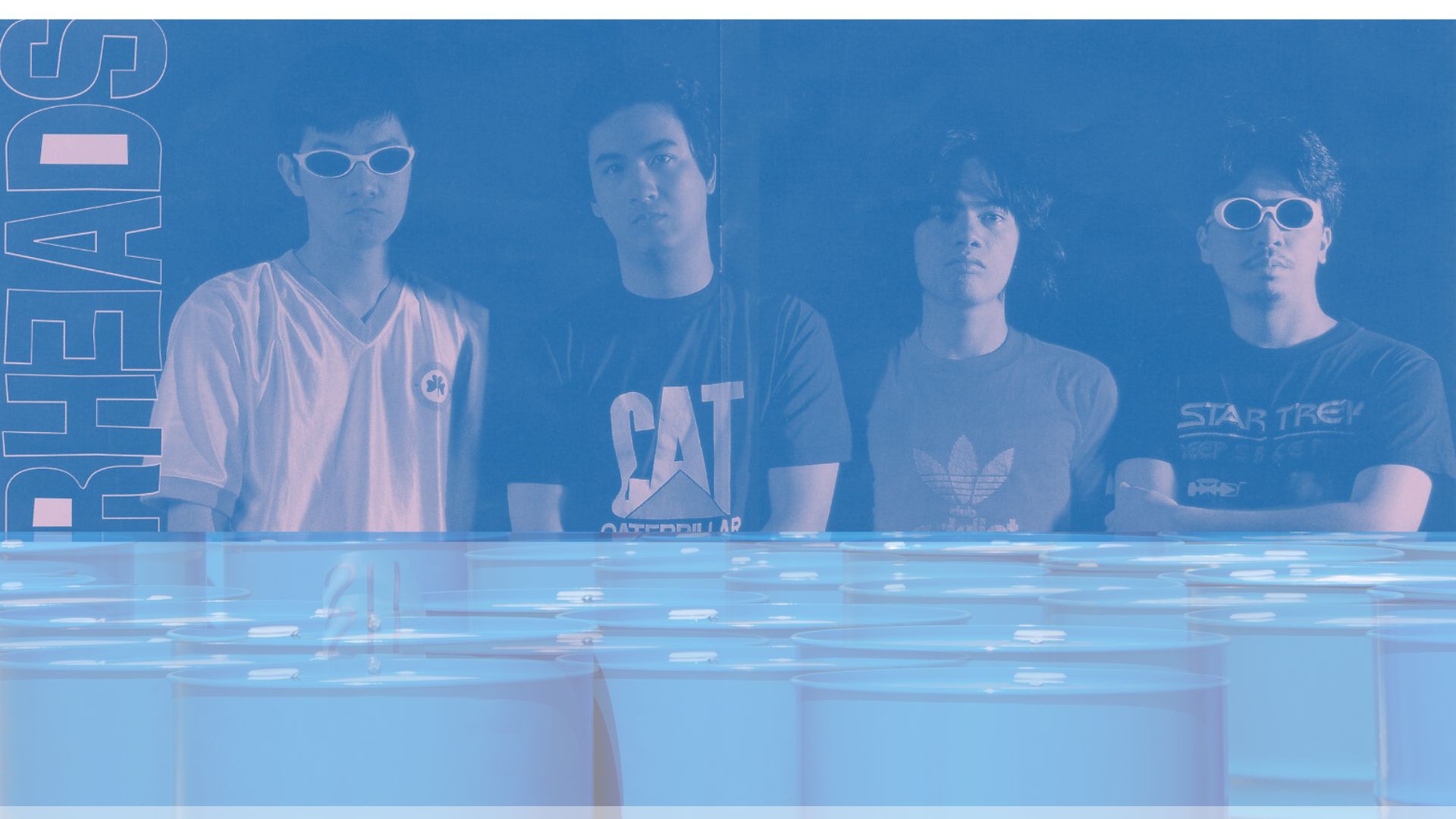There’s something deceptively light about Eraserheads’ Hey, Jay. With its upbeat groove and sing-song chorus, it initially struck me as just another quirky 90s track. But the more I listened, the more I felt it offered a deeper, more sobering narrative—perhaps a glimpse into the life of someone pushed to the margins of society.
To me, Jay felt more than a fictional character. I saw Jay as a representation of those who have been laughed at for being different, those reduced to a punchline, or quietly tolerated but never fully embraced.
The song opens with the line, “Hey Jay, nabugbog ka na naman daw kahapon.” It’s jarring. The tone is casual, almost gossipy, and that’s what struck me—it made the violence feel disturbingly normalized. That line made me think about how society can sometimes frame cruelty as routine, and how the blame is subtly placed on people for simply existing in spaces where they’re not “accepted.”
Ely Buendia’s writing, in my opinion, is powerful in its restraint. There’s no outright condemnation in the lyrics. Instead, it takes on an observational tone, almost like a friend offering half-hearted reassurances: “Everything’s gonna be okay.” But to me, those words didn’t feel comforting—they felt like a form of denial, like something said to survive when no real comfort is available.
What hit hardest was the reference to family: “Hey Jay, nag-away na naman kayo ng tatay mo…wala raw sayang anak na tulad mo.” I found this line especially painful. It reminded me of the kind of rejection that cuts deepest—one that comes from within the home. And yet the song softly follows with, “Alam nya namang ipinanganak ka nang ganyan,” a line that, to me, recognizes that identity isn’t a choice or a fault.
Despite the pain in the lyrics, I also heard a kind of tenderness: “Isip-isipin mo na lang na may nagmamahal sa ‘yo.” It felt like a small flicker of hope, almost a whisper through the noise of shame and hatred. Then came the line, “Be happy and be gay,” which I interpreted as both a wordplay and a call to be joyful and authentic—while also surviving the sarcasm and euphemisms society throws at queer identities.
For me, the genius of Hey, Jay lies in how it captures a spectrum of queer experience—from violence and alienation to brief moments of solace—without ever sounding like a lecture. It didn’t feel like a protest song in the traditional sense, but I thought of it as quietly defiant, almost like a protest through observation and honesty.
Listening again, I couldn’t help but reflect on how relevant the song still feels today. We live in a time when queer people—especially those who don’t conform to gender norms—are often asked to explain themselves or are celebrated in public but harmed in private. Hey, Jay made me think about how someone like Jay might still be with us: a friend, a coworker, even a sibling—still struggling to be seen and accepted.
The song made me question my own actions. Have I ever stayed silent during a homophobic joke? Have I ever used someone’s queerness as a conversation piece? Have I been supportive only when it was easy?
Hey, Jay doesn’t offer answers or resolution. For me, it didn’t feel like a fictional story—it felt like a mirror held up to a reality that still exists.
This track isn’t just about one person—it’s about all the “Jays” out there, in every city, every family, every school or workplace, trying to live honestly in a world that can be unkind to difference.
More than just a nostalgic anthem, Hey, Jay felt like a time capsule of a conversation we’re still trying to have—about acceptance, identity, and the harm of invisibility. And as long as these issues remain, I think this song will continue to resonate.







